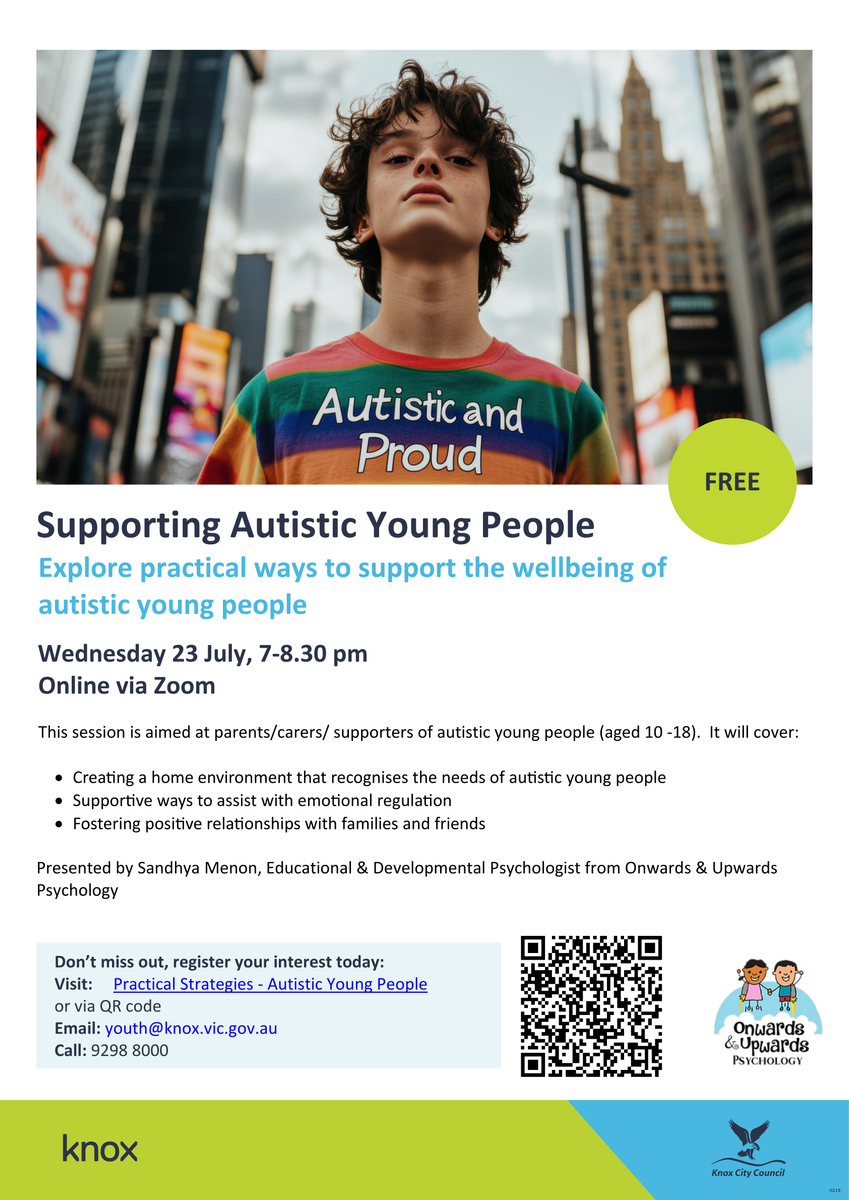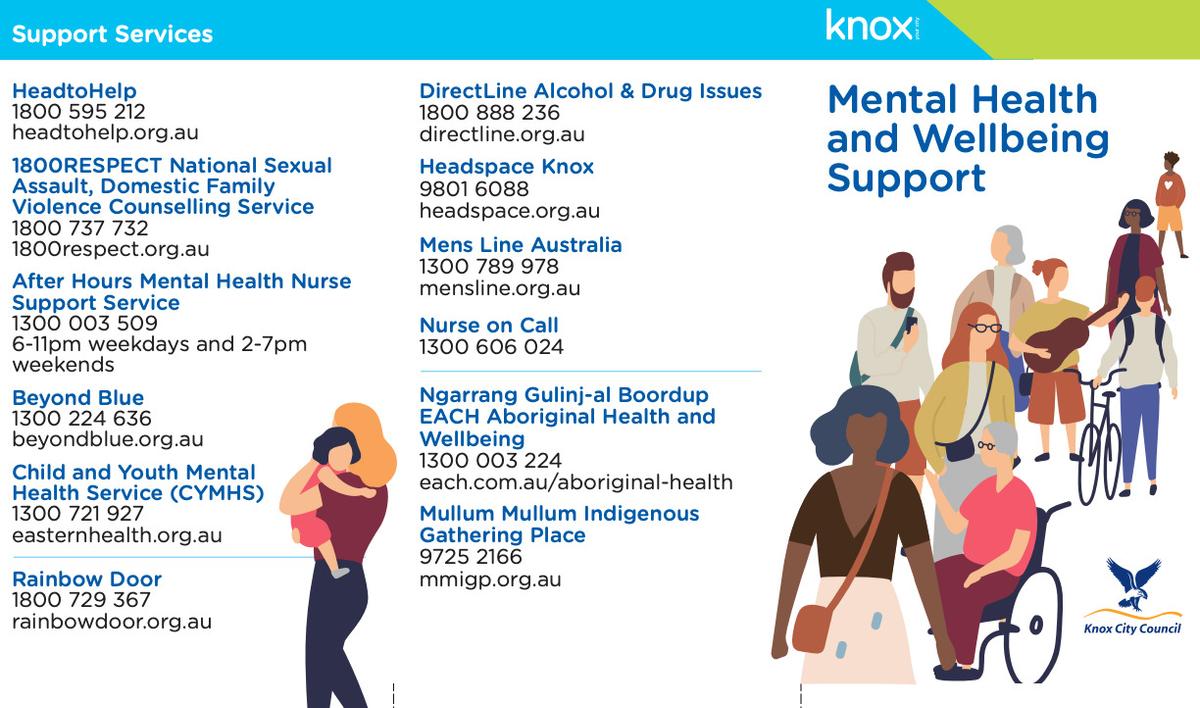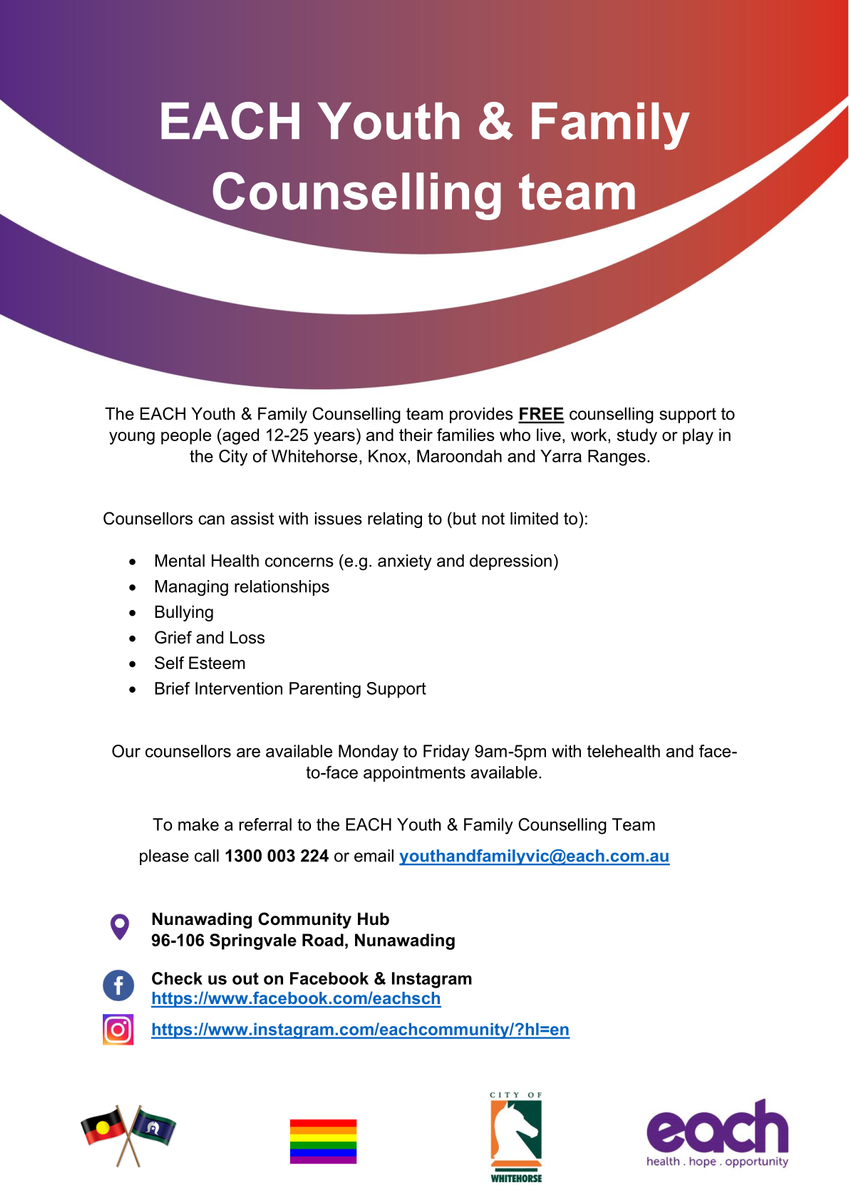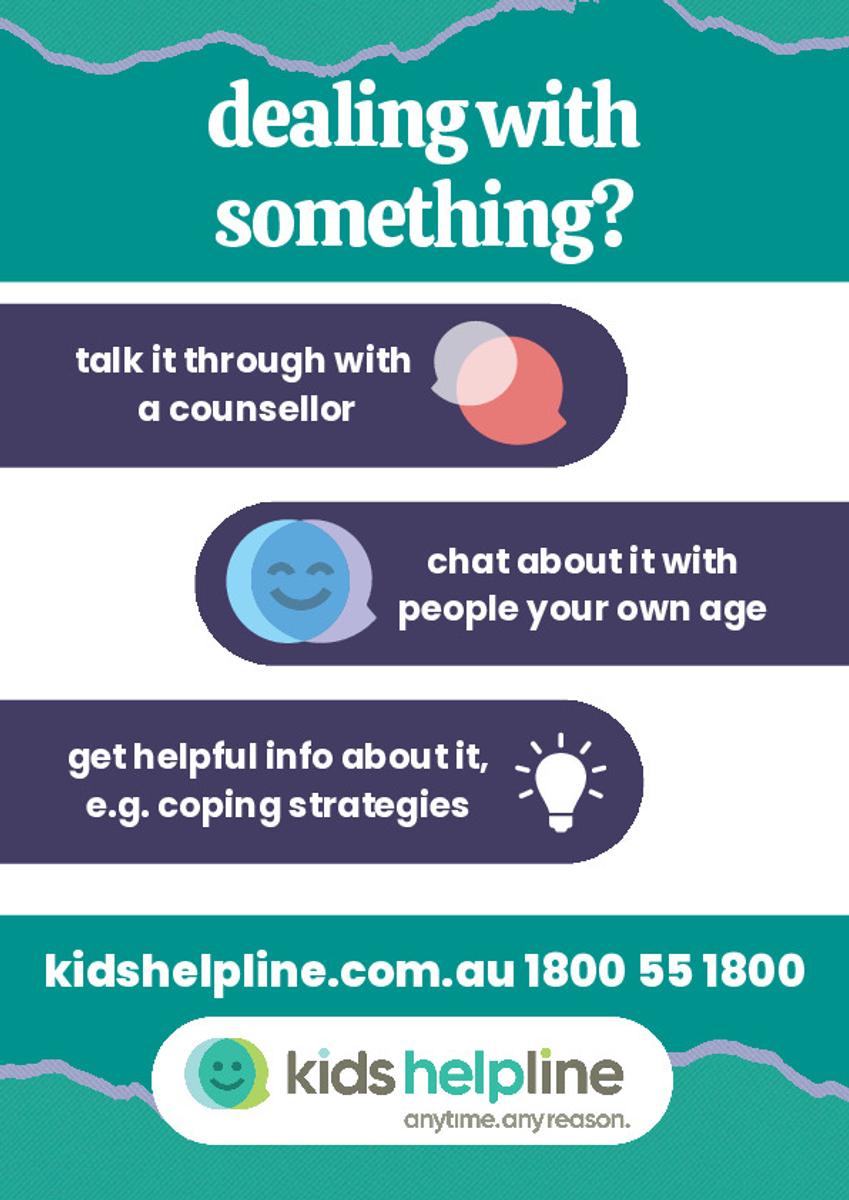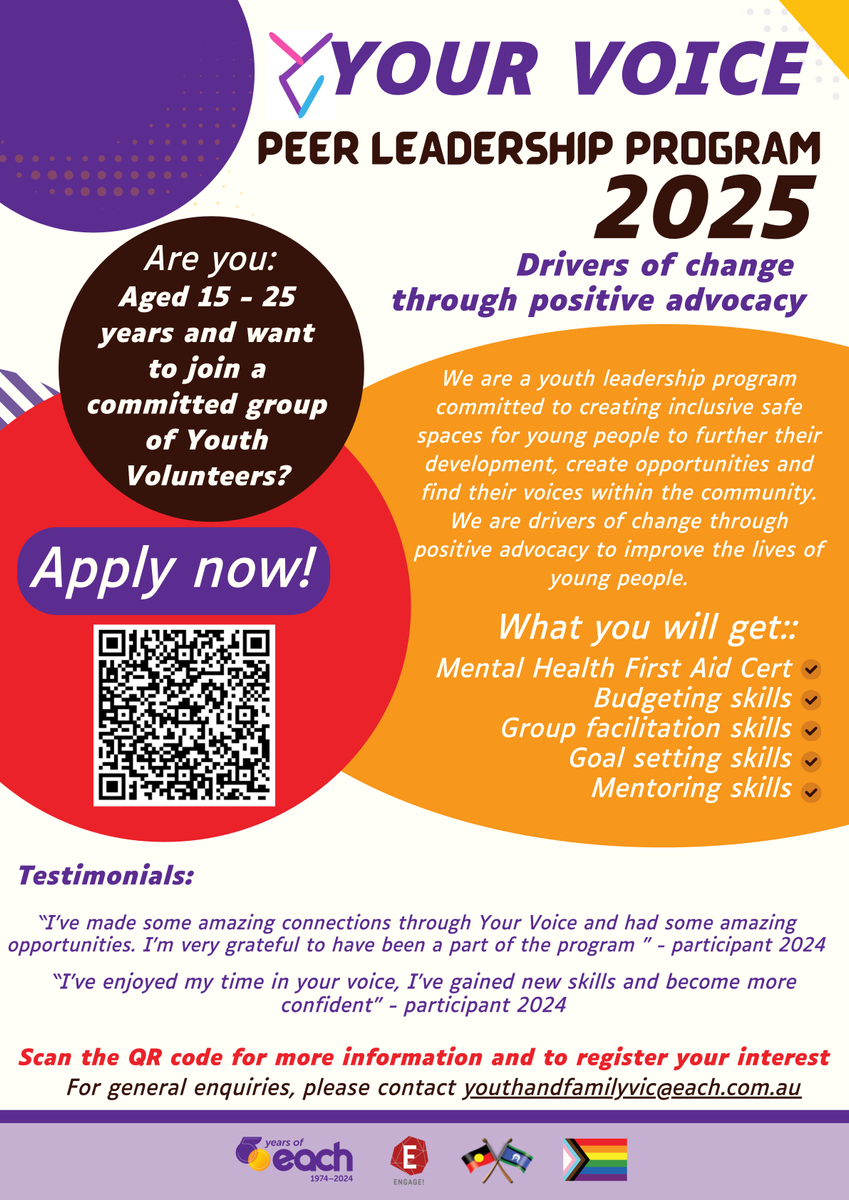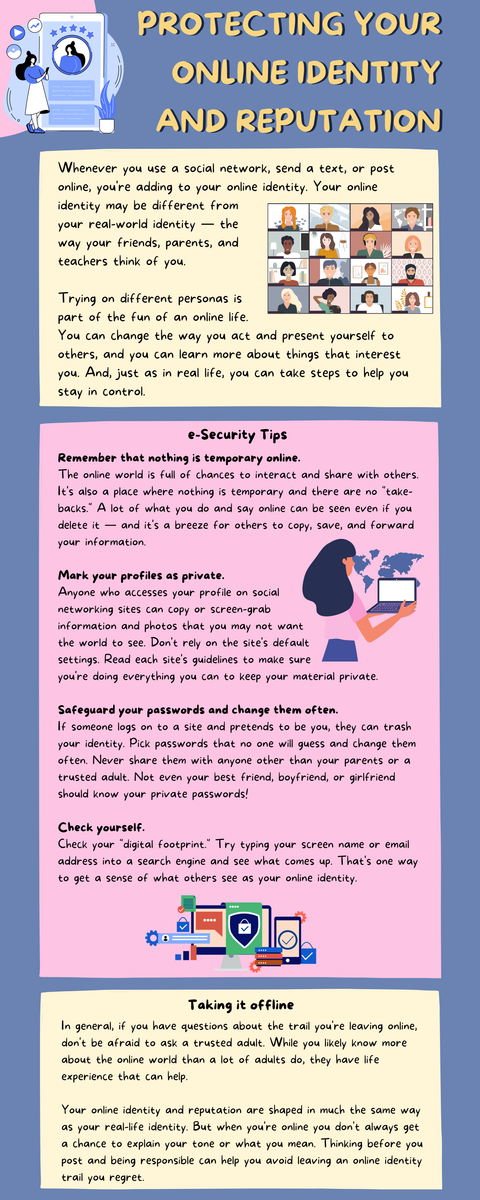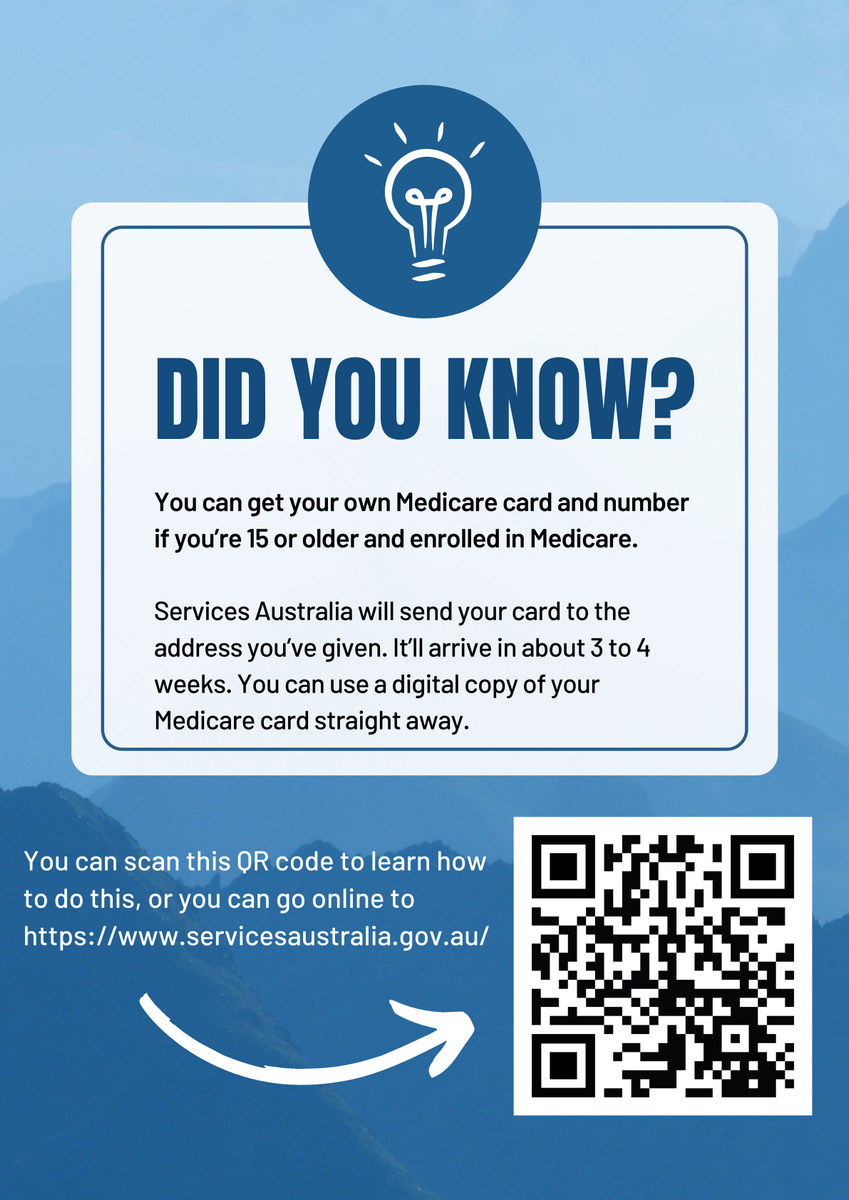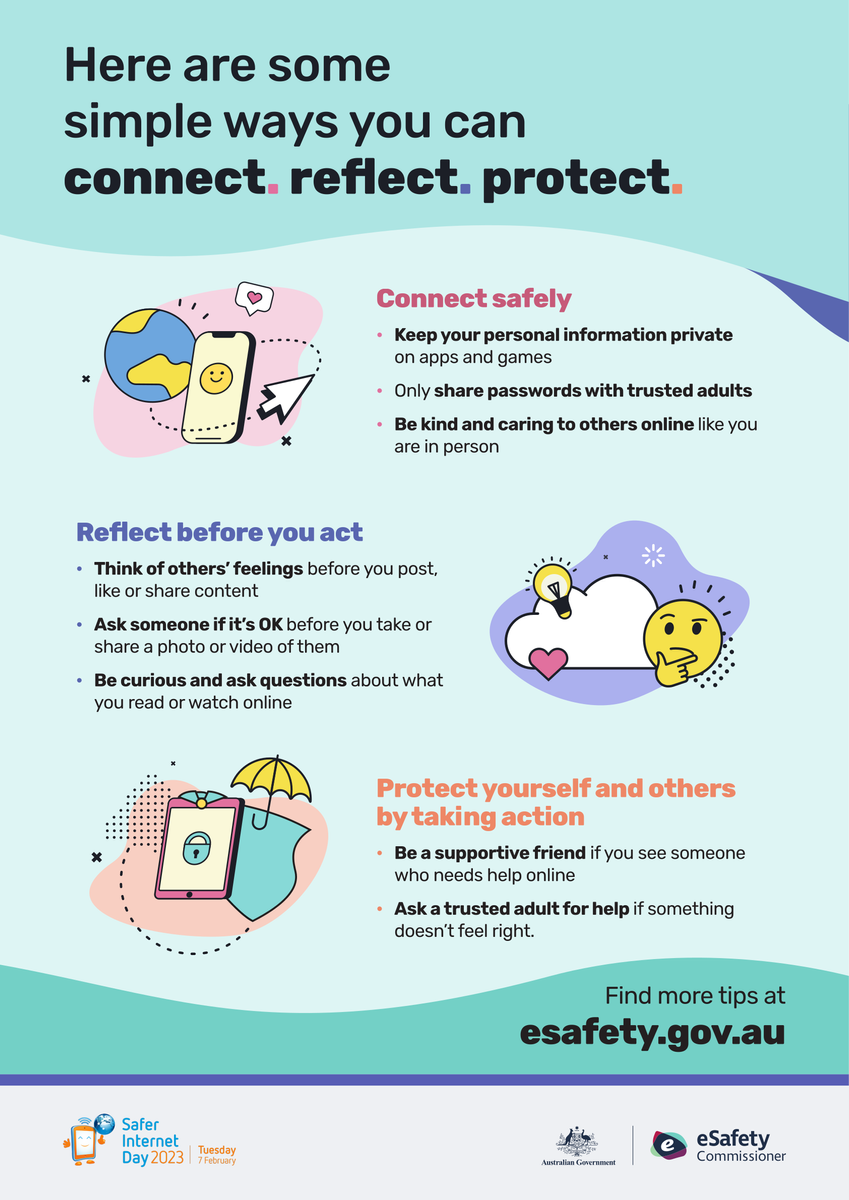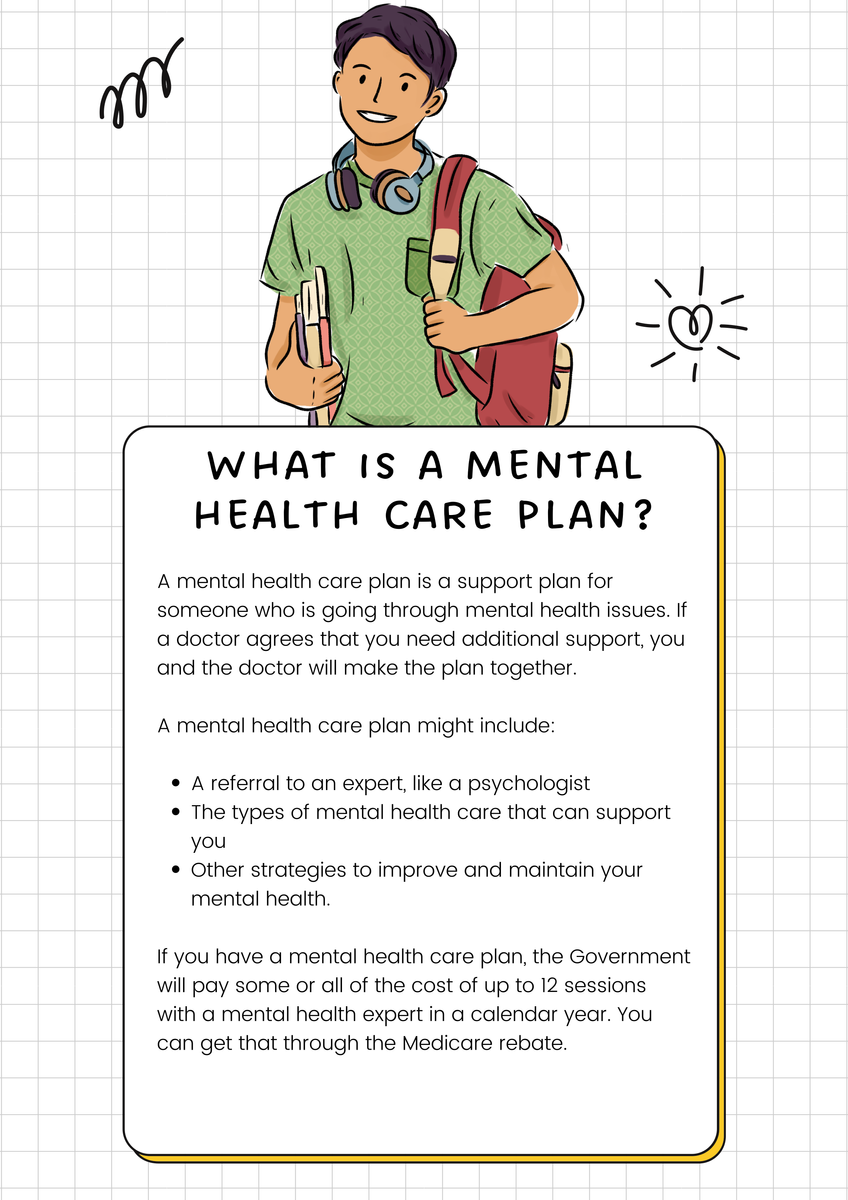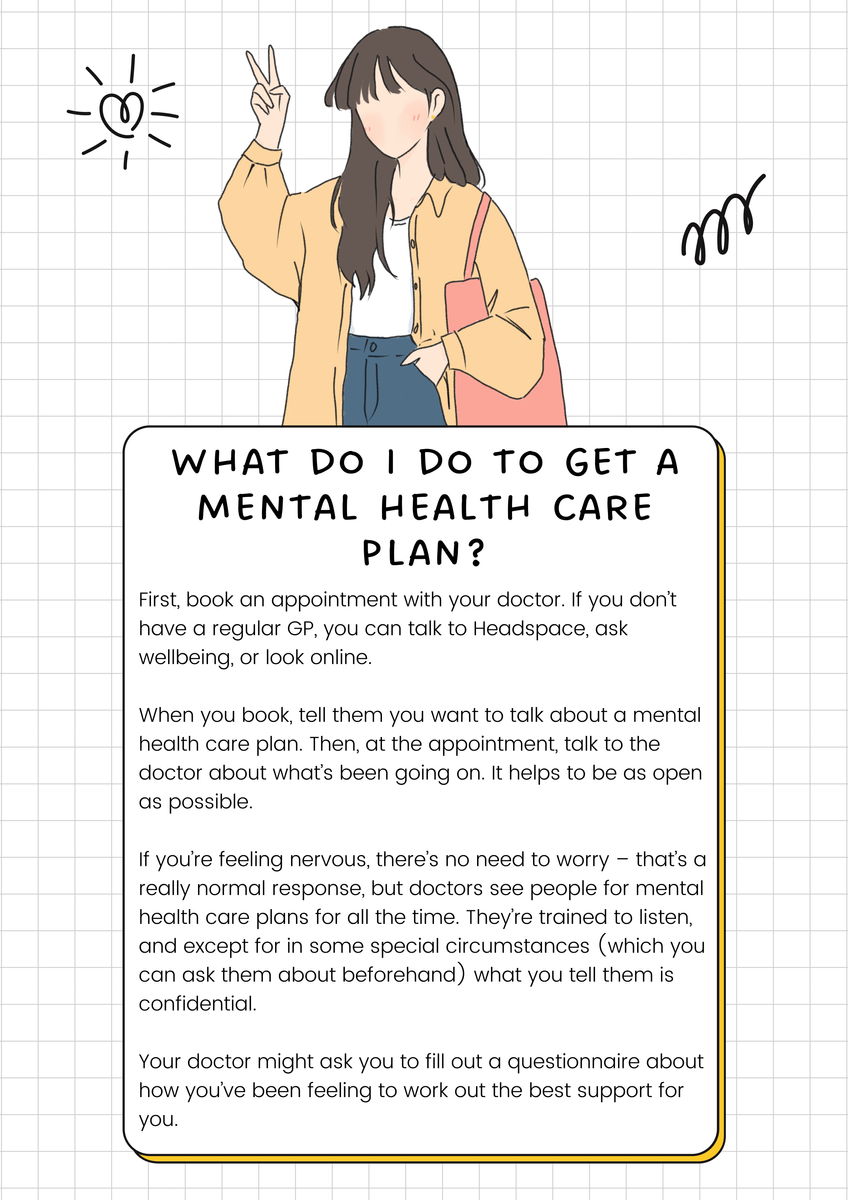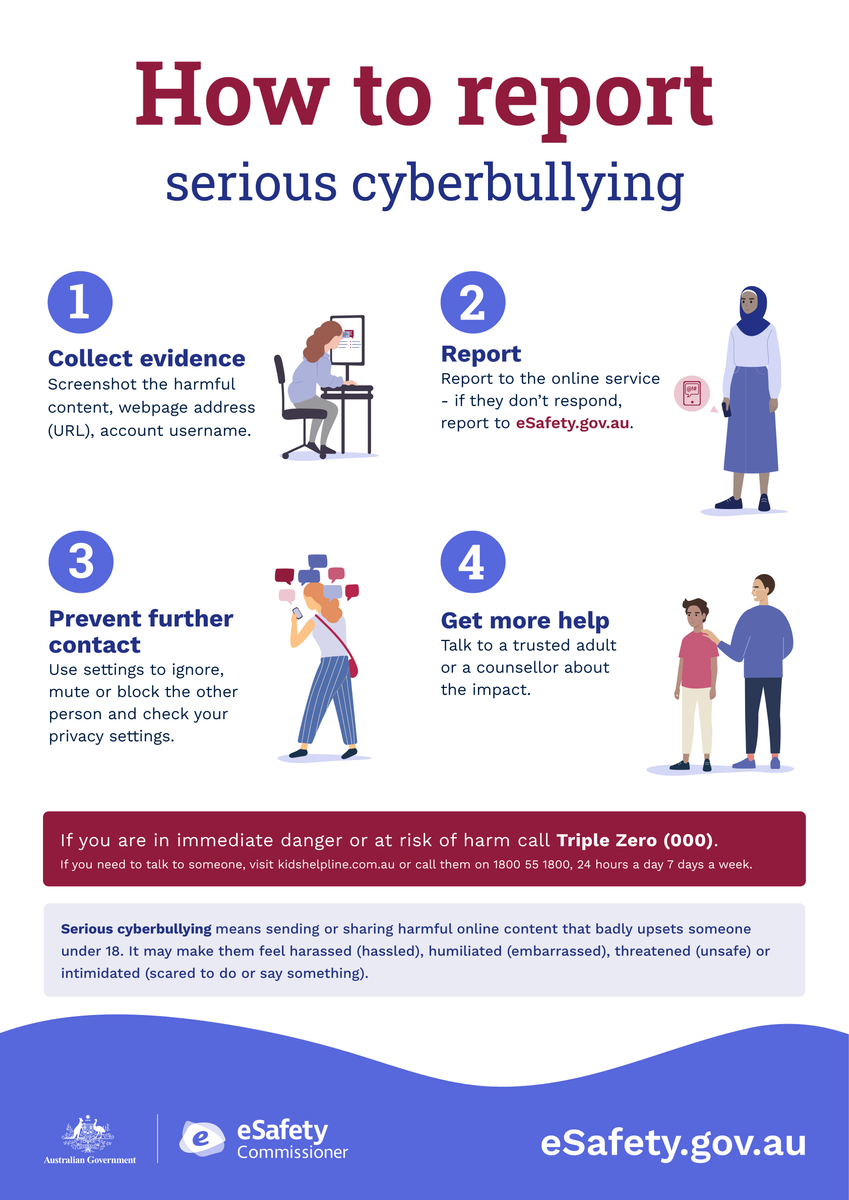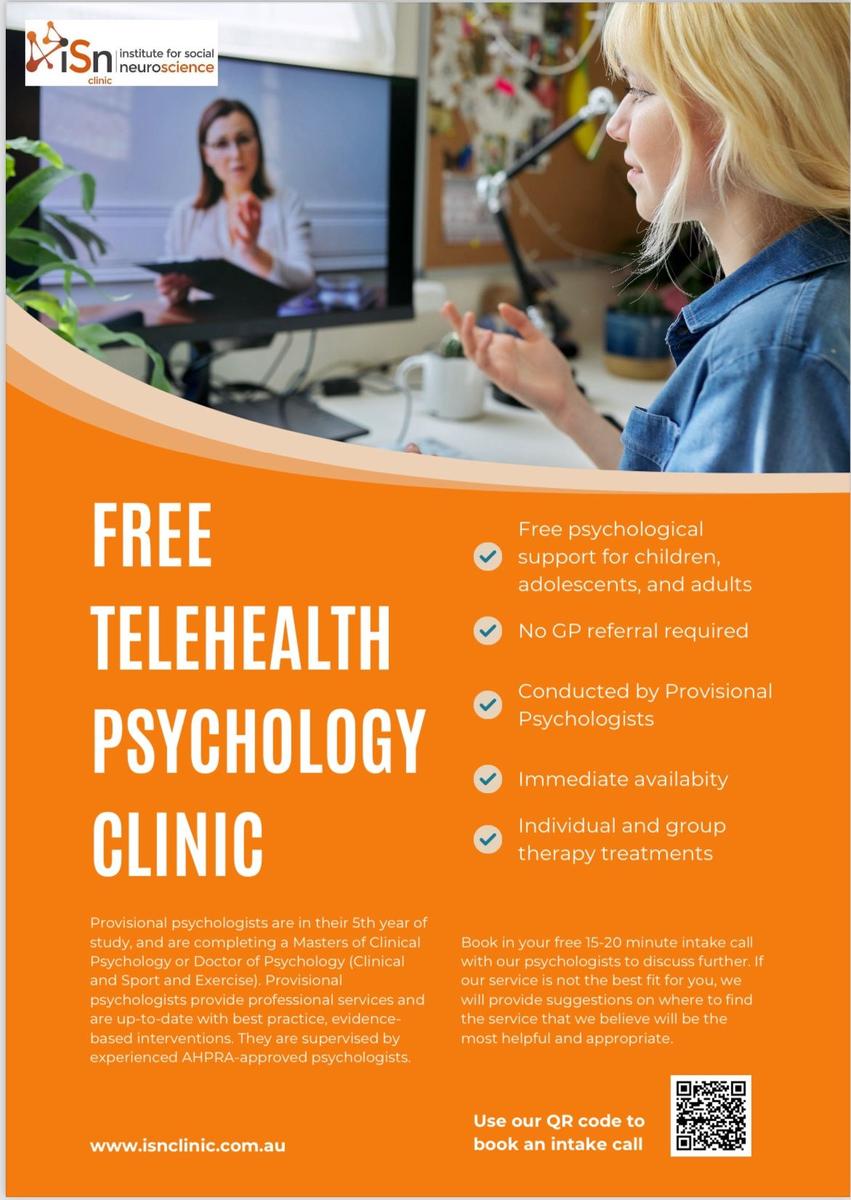Parent Wellbeing

Navigating Change: Supporting Your Child Through Transitions
As children move through their teenage years, they encounter many changes, some exciting, some challenging and some that can feel overwhelming. These transitions are a natural part of growing up, but they can sometimes leave both parents and young people feeling uncertain. The good news is that with the right support, change can become an opportunity for resilience, growth and connection.
Change
Change can be challenging for both teens and their families. As a parent or guardian, it’s common to feel unsure about how to best support your child through transitions; especially if you are managing transitions of your own. It’s important to remember that while change can feel uncomfortable, it also creates opportunities for growth, resilience, and new experiences.
Types of changes
During their school years, adolescents experience a range of changes. Among those may be the following:
School transitions, such as beginning high school, going from junior school to senior school, graduating, changing schools.
Physical changes, such as puberty.
Social changes, such as developing new friendships, trying new activities, navigating peer dynamics and social media.
Mental and emotional development, such as growing their understanding of themselves and the world.
Changes at home, such as moving houses and divorce.
Every child responds to change differently, and there’s no ‘right’ way to feel or react.
Ways to support your child
Adolescence is a time of growth, and part of that growth is learning to cope with change. Your child may try new things, face challenges, and learn along the way. As a parent, there are a number of ways you can support your child through these experiences, such as:
Providing a space of safety and trust, this can look like acknowledging and validating their emotions before finding solutions and letting them know it’s okay to ask for help.
Recognise their growing independence, understanding that part of supporting your child is allowing them the opportunity to try things by themself.
Supporting alternative pathways, understanding that each child’s journey is different.
Modelling resilience, showing your child how you cope with challenges, whether that’s through problem-solving, staying calm, or reaching out for support, can help them develop similar skills.
Helpful sentence starters
Finding the right words to start a conversation can be difficult. Here are some suggestions on how to navigate those conversations:
“Thanks for telling me about that. Would it be helpful to talk it through together?”
“That sounds like a lot to be managing. I’m really glad you’ve opened up to me.”
Instead of “You should…” try:
“Have you thought about…?”
“What’s your take on…?”
“Would it be okay if I shared an idea?”
“I just want you to know that I’m here to listen to you and support you.”
“Would you like my opinion, or do you just want me to listen?”
Taking care of yourself
It is important to look after your own wellbeing while supporting your child through periods of change. Transitions can be challenging for everyone, and it is normal to experience a mix of emotions. Here are some gentle reminders:
Be kind to yourself, take time for self-care and your own interests.
Reach out to your supports, stay connected with other parents, your local community, the school, and professional services such as Parentline.
Know when to seek extra support, if your child is finding it especially hard to cope, or you notice changes in their mood, behaviour, or daily functioning, consider reaching out to the school wellbeing team or a health professional.
Bulk Billed Mental Health Plans
Families can now request a GP mental health plan online bulk billed through onPsych, providing up to 20 bulk billed psychology sessions per year.
To get a MHC plan, families can now book a bulk billed video consultation with a GP via onPsych. For many parents, the process of obtaining a mental health care plan for their children can be challenging. onPsych has made access easy. With parent permission, the online GP consultation can even occur at school.
To book: Contact - Onpsych Pty Ltd
Looking for Support?
EACH - Health Services 1300 003 224
These services are free or low-cost.
93 Boronia Rd, Boronia
Youth Mental Health Services 9298 8469
headspace 1800 650 890
Safe Steps Family Violence Response Centre 1800 015 188 (24 Hours)
1800 Respect 1800 737 732 (24 Hours)
Nurse on Call 1300 60 60 24
The Butterfly Foundation 9822 5771
FriendLine 1800 424 287
24/7 Mental Health Hotlines:
Kids Helpline 1800 55 1800
Lifeline - Call 13 11 14, text 0477 13 11 14 or chat online.
Suicide Call Back Service 1300 659 467 or suicidecallbackservice.org.au
Beyond Blue 1300 22 4636
Student Wellbeing Team
Email: wellbeing@wantirnacollege.vic.edu.au
Chelsea Collings - Leader of Wellbeing
Guiseppe Relia – Wellbeing Counsellor
Sanela Avdic - Wellbeing Counsellor
Talea-Jane Simpson – Wellbeing Counsellor
Tajinder Wulff - Mental Health Practitioner 7-8


